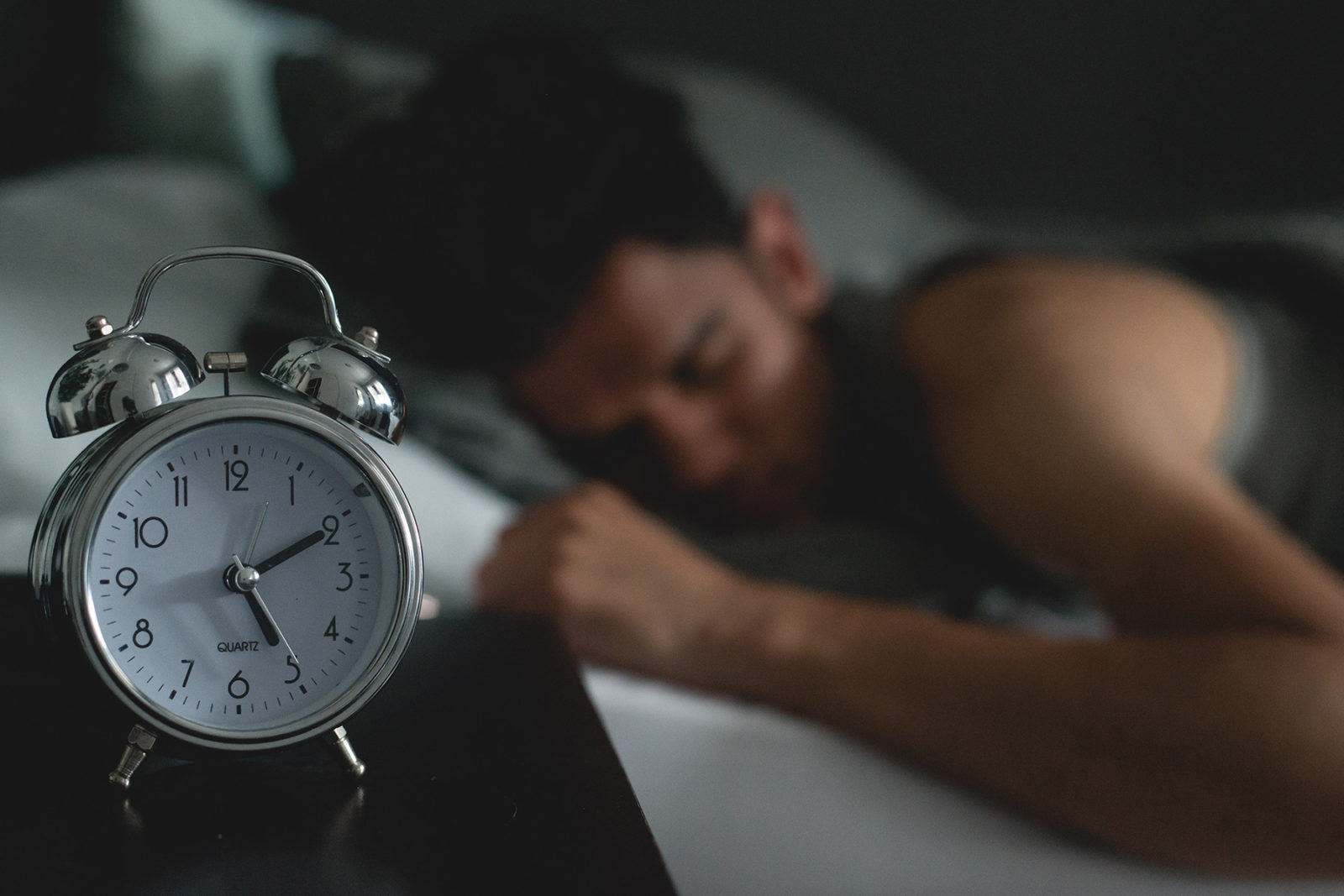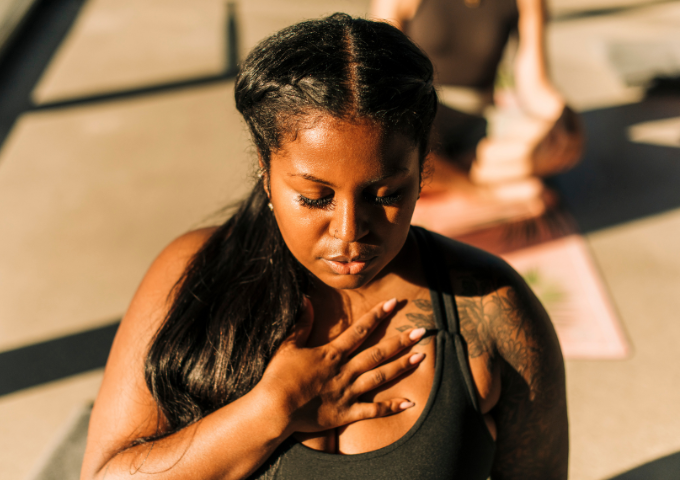We may not think about sleep too much, but we know that it is beneficial in some way. We often feel ‘out of sorts’ after a bad night’s sleep but are ready to take on anything after a good night’s sleep. So what are the benefits of sleep for our mental health and why is sleep so important?
How sleep can benefit your mental health
Sharpens your attention
You’ve probably noticed that the more tired you are, the more difficult it is for you to concentrate on something. When we lack sleep, we find it hard to take in vast amounts of information. If you are well rested, you will have a clearer mind and a sharper focus.
Improves your memory
There are three stages of forming a memory. The first is acquisition, which is when you introduce the information to your brain. The second stage is consolidation; this is when the memory is strengthened. The final stage is recall, which is when – you guessed it – we access the information that we stored. Acquisition and recall happen when we are awake, and consolidation happens when we’re asleep. When we are sleeping our brain consolidates and organises our memories, which helps us to remember what we learned the previous day.
Lowers your stress
Have you ever noticed how the little things bother you more if you haven’t slept long enough the night before? Researchers suggest that sleep deprivation makes us more irritable and we react negatively to minor annoyances and interruptions. A survey from the American Psychological Association also reported that adults who slept fewer than eight hours a night were more likely to report symptoms of stress than those who slept eight or more hours.
Need more convincing to give up your study and work all-nighters? In addition to the mental health benefits of sleep, it can also help your physical health. Studies have suggested that there is a link between prolonged sleep deprivation and health problems like heart disease and diabetes.
Your sleep needs may vary, but most adults need between seven and eight hours of sleep each night, whereas children and teenagers will need more sleep.
If you are struggling, call SuicideLine Victoria 1300 651 251.
If it is an emergency, call 000.









